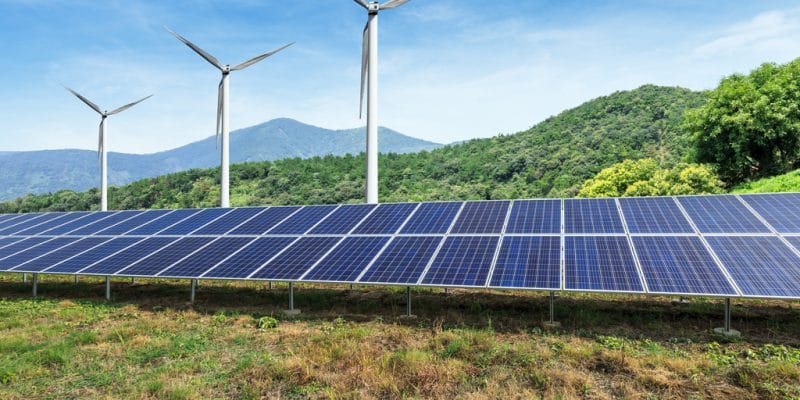Switzerland and Ghana have signed an agreement in the Ghanaian capital Accra to adopt low-carbon and green technology solutions. The partnership opens with a solar energy and ecological cooking project.
It took two years of negotiations between Switzerland and Ghana before the agreement was signed between Ghanaian Foreign Minister Shirley Ayorkor Botchwey and the Swiss Ambassador to Ghana, Philipp Stalder. Under this partnership, at least five million Ghanaian households will benefit from environmentally friendly cookers and solar-generated electricity. However, it will take a few more weeks for the agreement to come into force, as it will not come into force until the beginning of 2021.
The partnership will catalyse private sector investment in Ghana’s National Energy Access Programme (NCEP), complementing Ghana’s contributions to the Paris agreement through its Nationally Determined Contributions (NDCs). Ghana is also exploring the possibility of integrating other initiatives into the agreement signed with Switzerland.
“We hope that this bilateral agreement will enable Ghana’s national clean energy access programme to meet its targets of reducing greenhouse gas emissions by 2 million tonnes, giving millions of people access to energy and moving towards a green recovery,” says Achim Steiner, UNDP (United Nations Development Programme) Administrator and environmental policy expert.
On the Ghanaian side, President Nana Addo Dankwa Akufo-Addo, called on the private sector of both countries to “consider this bilateral cooperation as a step to strengthen collaboration between Swiss and Ghanaian companies to identify commercially viable and sustainable development projects for the next decade”.
The agreement between Switzerland and Ghana will enable the development of solar energy projects for commercial and industrial clients, thus enabling Ghanaian companies to take action on climate change. In accordance with Article 6 of the Paris Agreement, the cooperation between the two partners will set a precedent for other African countries to explore innovative climate financing solutions.
As a reminder, Article 6 of the Paris agreement states that “developing countries and small island states may establish and communicate low greenhouse gas emission development strategies, plans and measures appropriate to their particular circumstances”.
Anne-Gaëlle David (intern)






